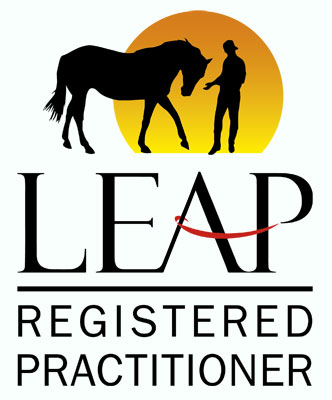
Blog
Reversed Boundaries
7 February 2016
Does any of this sound familiar to you:
- You’re scared to speak your truth for upsetting others, or fear they will reject or abandon you
- Other people frequently tell you what to do, think, feel, believe
- You give to others, maybe also in your professional life, but then talk about your clients or trainees in relation only to how it reflects on you, e.g.: “I helped X number of people this week.” Or: “They’re my little protégés...”
- You give advice without being asked to
- Someone asks you too personal questions, too early on in a new relationship, or in a professional relationship
- Others try to take care of you
- You know people who are always looking after others, including animals, but neglect themselves daily
- You hear parents say of their child: “They’re part of me.” OR worse: “They’re me!”
Or perhaps you do some or all of these:
- Not ask for help and support when you need it, including financial or practical help
- Avoid speaking your truth to others, especially those in positions of power
- Let others walk over you
- Don’t say when someone hurts you - physically, emotionally or psychologically
- Take on extra work when you are already overloaded
- Don’t take proper breaks or holidays
- Act like a victim or martyr
- Blame others constantly for your problems, lack, and life circumstances.
If so, you may be living with one of the most common dysfunctional relationship patterns in modern life - what I call reversed, or inverted boundaries.
Brought up through overly-rigid and controlling parenting methods - a result of the incongruent patriarchal culture we have lived in for generations now, including our parents, grandparents and so back - who were all handed down a set of relationships patterns that are designed to control, deny and distort our true feelings, needs and desires.
The vast majority of people grow up in the above relationship patterns which result in nothing short of chaos, confusion, fear and turmoil. In fact, inverted or reversed boundaries are so damaging that they often result in trauma in children, and then get perpetuated in their adult lives and relationships.
Reversed boundaries usually come in the form of someone controlling others through manipulating the truth of what they and the other person feels or needs. This is why when someone does stand up to this abuse and says: “No". Or: "That’s not true for me." Or: "That doesn’t work for me”, the abuser or non-boundaried person becomes angry or even furious at their inability to dominate and control the other.
This all sounds extreme, yet this very same pattern is played out continuously in the majority of parents and other authority figures through their own set of inverted boundaries; they literally don’t know any different. And, as it happens continuously, it can result in an entire childhood of confusion, paranoia and fear in the child; the child literally doesn’t know which way is up.
The result: an adult who possess the same confused set of boundary dynamics. Or more accurately: has no ability to either set their own or respect others' boundaries once they’ve grown up.
So what can you do?
Please know that it can take years to really learn how to set boundaries and respects those of others. This is not a quick-fix by any means. It takes much practice, patience with yourself, and a willingness to be vulnerable as you begin to relate to others differently, and weather their storms which may come in response to your new appraoch to life.
The First step is beginning to recognise these patterns in both yourself, and the people in your life, both intimate others (partners and children), family members, friends and colleagues.
The second step is to learn, with professional help if necessary, how to effectively and calmly set boundaries. Be warned: those who don’t have boundaries or respect those of others will be angry with you when you first do this, and depending on their ability to mature or not, they may never be able to deal with the new boundaried you, so be ready for conflict and the potential ending of relationships as a result of employing this new relationship approach.
The third step is to now model healthy boundaries in all areas of your life, not just at work for example. By doing this consistently others around you will see how much calmer your life seems to have become. And those who are also working at achieving congruency through having clearer boundaries will gravitate towards you, enriching your circle with people who get where you’re coming from and who are also good at, or practicing, setting boundaries themselves. Oh and for the horse owners amongst you; your horses will now love you SO much more and become much more happy to engage with whatever you are asking of them.
A final word which helps enormously with learning about boundaries:
Remember those who don’t have good boundaries and seem "oh so very nice”, WILL overstep your boundaries and soon. Boundaries only work in this dual-way, they are two sides of the same coin: So if someone can’t set boundaries, neither can they respect others' boundaries. This is worth remembering as it’s easy to fall for the very nice person and, before you know it, they’ve overstepped the mark through their inability to sense your limits.
© Angela Dunning, Equine Reflections, 7 February 2016, updated 21 June 2017
For more information on personal space and boundaries, and how horses can help teach this vital relationship skill, see my earlier article: My Space or Yours.
Or contact me to arrange a 1-1 session.
Other useful resources on parenting and boundaries:
For Your Own Good: Hidden Cruelty in Child-Rearing and the Roots of Violence; Alice Miller
The Drama of Being a Child: The Search for the True Self; Alice Miller








